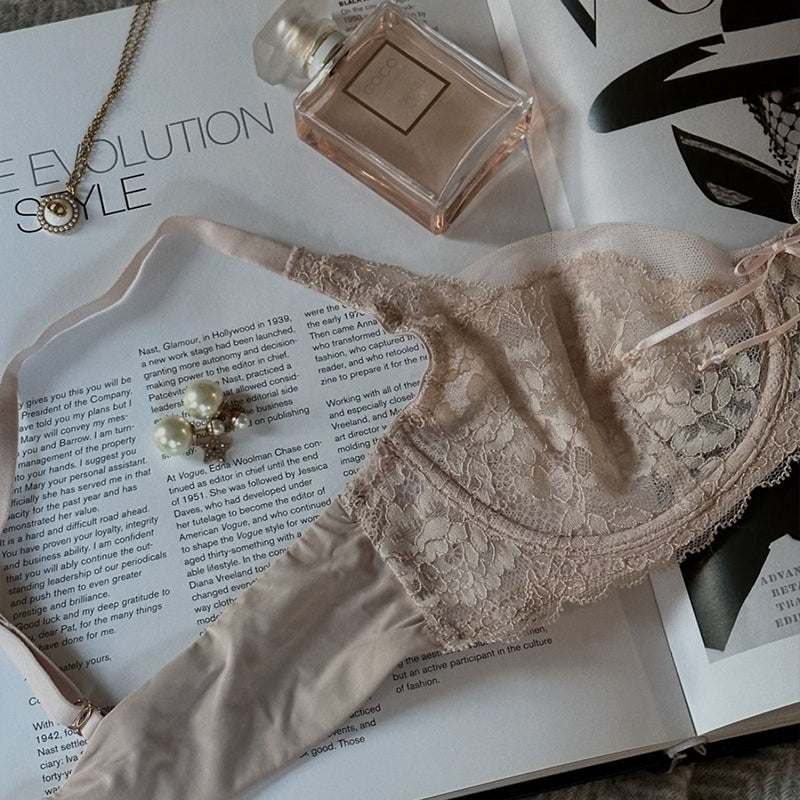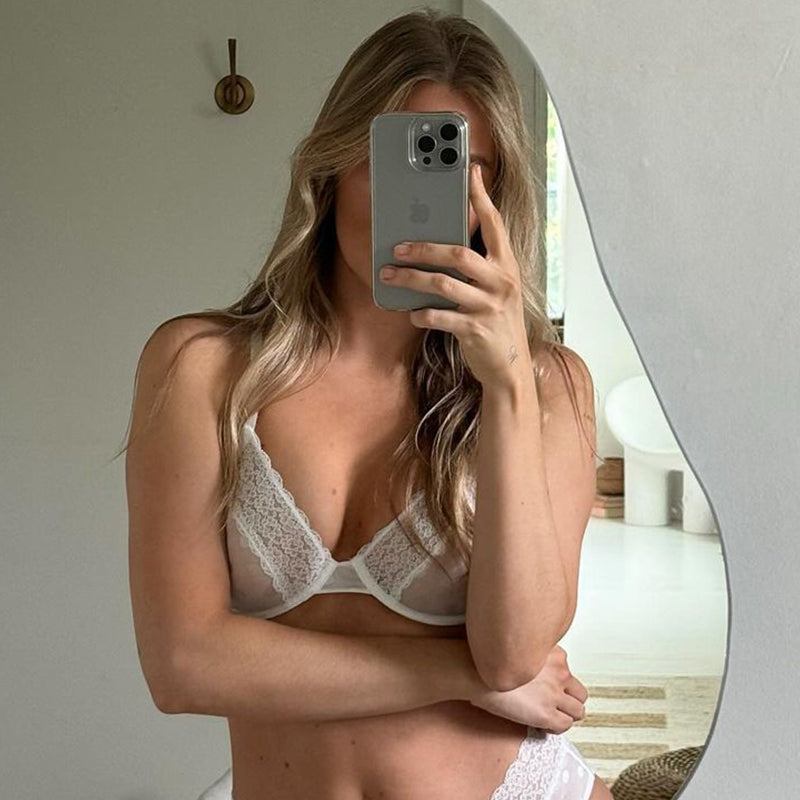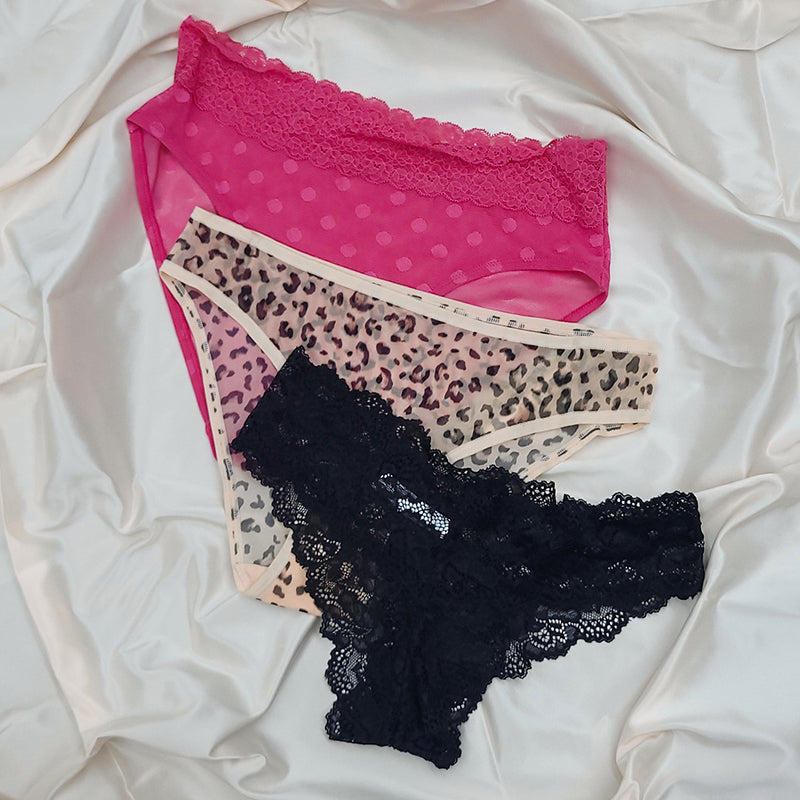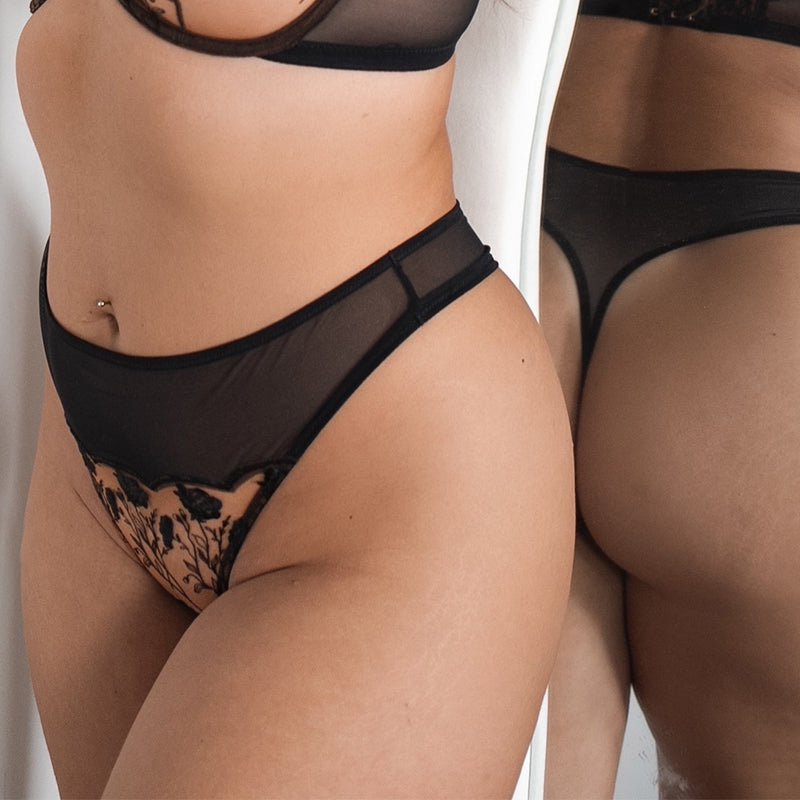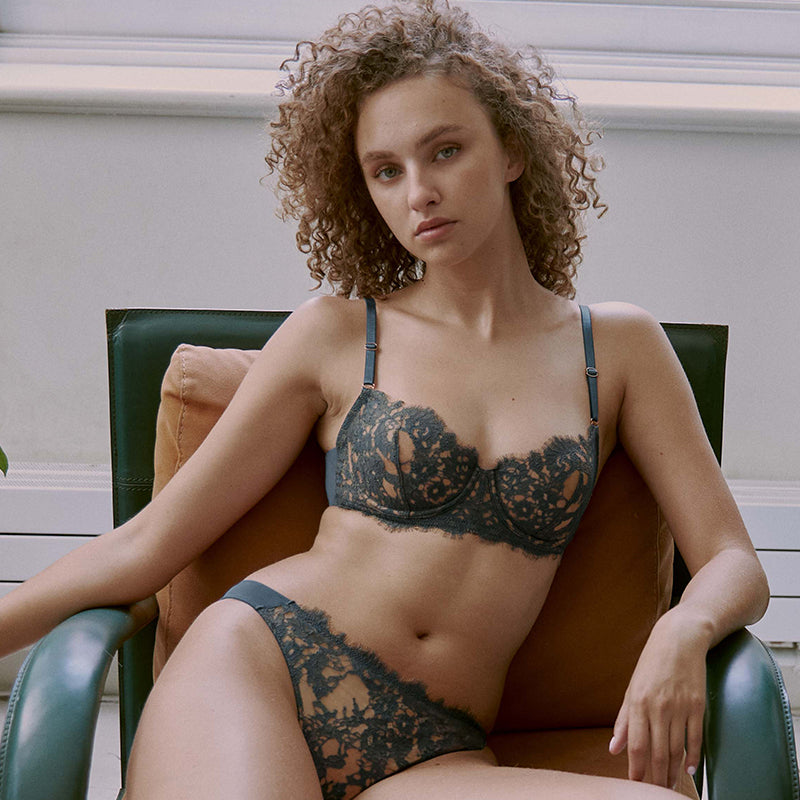Breast Cancer Awareness- Erin Perkins

1. First, we'd love to learn more about you. Please share your name, age, and, if you're comfortable, your date of diagnosis and remission.
Hey I'm Erin Perkins. I am 37 years old. I was diagnosed in January 2021, a week before I turned 35. I was declared cancer-free on August 9, 2021.
2. At what stage were you initially diagnosed? Did your diagnosis change, and if so, how did it evolve?
I was diagnosed Stage IIB Triple Negative Breast Cancer
3. How was the cancer initially detected? For example, through a breast self-exam (BSE), a clinical breast exam (CBE), or an annual mammogram?
I found a lump that was visible and palpable by chance. Then I went in, and my primary care physician sent me in for an ultra-sound and mammogram (my first one), and they sent me for a core-needle biopsy, which showed that I had a 3.6cm malignant tumor in my right breast.
4. Is there a history of breast cancer in your family?
My paternal Aunt was diagnosed at age 34, and then her breast cancer metastasized years later, and she passed in December 2021 from the disease. She was 59. Her name was Suzy.
5. Could you share more about your treatment process?
I had 16 rounds of chemotherapy administered through a port in my chest. 4 treatments with Dose Dense Adriamycin and Cytoxin and 12 Taxol. I then received a bilateral mastectomy and chose to stay flat.
6. Were you offered any programs or services to assist with the treatment process?
No, but I found community and services online.
7. Could you please share a challenging part of your journey and describe what was helpful in overcoming it?
The fear, wondering if the treatment would work for Triple negative. This subtype that occurs only 10% of the time in breast cancer is still being studied. They are never sure if your type will respond to treatment or not, until after treatment, during surgery. So, I waited while enduring toxic treatments that left me feeling like trash, 5 months, wondering about and trying to let myself hope that the treatment would work. What helped me through was anti-anxiety medication, therapy, friends, community, the breast cancer community, the Adolescent and Young Adult cancer community, writing, and clinging to the hope I have in God that regardless of outcome, God was near and holding me.
8. What are some of your favorite tips or resources you'd like to share with other breast cancer survivors or patients?
I am the President of the Board of Directors at The Young Breast Cancer Project (youngbreastcancer.org) and I would love for people to come over and meet us. We are building a community with young survivors and thrivers and sharing our stories with medical professionals to help them see we need to be taken seriously, that we are getting breast cancer young, and if they delay our diagnosis, it could be a death sentence for us and our friends. I would say also to check out Wildfire Breast Cancer Magazine. Online you can join prompt-based writing workshops for free or paid, that unlock the heavy things we carry after being diagnosed with cancer, and they have been so healing for me and many others. You can also write for the magazine and get published, which I have done and enjoy. Then, I want people to know about my friend's org, The Boobie Queen Company. You can buy a crown made from a bra from Whitney and she will donate one to another survivor or thriver, or you can just buy one for a friend. She also puts on amazing retreats for survivors and thrivers where she and her staff and volunteers pamper you, encourage you, and make you cry good, needed tears. I highly recommend checking her out for healing. My biggest tip would be to find your people, to let out your emotions some way, to find healing, and to know that this thing is a part of you now, but that "you are more than the worst thing that happened to you"- Jane Markowitz/ Nightbirde (a stage 4 breast cancer thriver who passed in 2022 famously said).
9. What advice would you offer for supporting a loved one who is going through breast cancer?
Listen more than talk, sit with more than try to fix, support organizations that fund research, send gifts to your loved one's kids if they have them--gifts that the kids can probably do on their own so their mom can rest. Only give advice if they ask for it. Tell them what they are going through sucks, and you are sorry. Don't be trite. :)
10. What advice or message would you offer to women who have not been diagnosed with breast cancer but are considering self-checks and proactive measures for early detection and prevention?
Early detection is so key! It saves lives. The instances of cancer in women under age 40 is rising since 2010, and we have to know our normal and be our own advocate. A way to do this is to, what we say in the community, feel it on the first. So, you basically do a self-breast exam every first of the month in order to be able to notice quickly if there is a change in the tissue. You want to start this young, teach your daughters young, and even your sons. If you have a family member who has had breast cancer, you need to go in and ask for genetic testing. Don't let them tell you that you do not qualify. Don't let docs send you away for any reason, you push back, and find another doc if you have to. Trust your gut. You don't want to ignore this. Your life is at stake.
11. Is there any other information you would like to share with us?
Thanks for highlighting our stories. For more of my journey follow me on Instagram: @erinleeperkins

